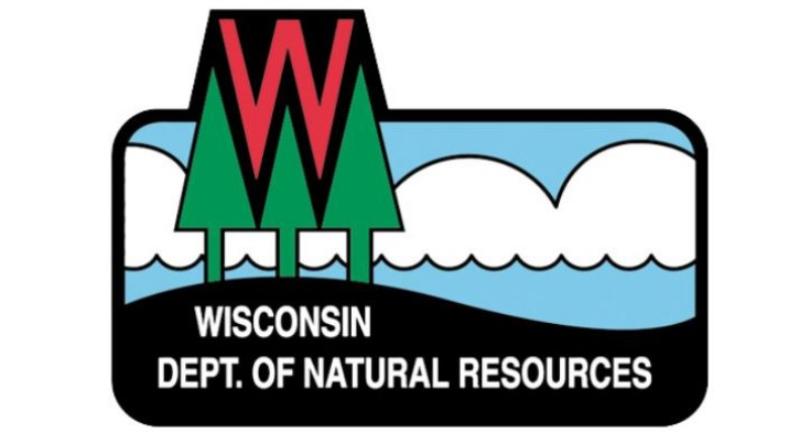The Wisconsin Department of Natural Resources (DNR) is continuing its investigation into a black bear attack that occurred the afternoon of Saturday, July 12 in Barron County below is information from the DNR.

The victim, 69-year-old Karen Frye, was attacked while outside at her rural residence near the town of Comstock. She was transported to a local hospital and later transferred to another hospital where she is recovering and in stable condition.
Although the investigation is ongoing, preliminary findings, including information coming from the family, suggest the bear exhibited a sustained series of aggressive behaviors towards the victim.
Black bears can behave defensively when feeling surprised, cornered or to protect their food or cubs. True aggressive behavior is both rare and distinctive from defensive behavior.
Unfortunately, black bears displaying aggressive behavior are an elevated risk for repeating the behavior. While the investigation continues, the priority is human safety and therefore the goal is to capture and humanely euthanize the bear involved.
“Humane euthanasia is not always the standard practice in human/bear conflicts. Our actions in these types of situations are very carefully determined based upon the totality of the known evidence of each event,” said Randy Johnson, DNR large carnivore specialist. “Although we’re still working to piece together every element of what transpired in this incident, we know enough to warrant attempting to livetrap at the location of the incident and humanely euthanize this bear if captured.”
Several bear traps have been set at the scene with efforts to live capture the bear focused at the site of the incident. As of Monday afternoon, the bear involved has not yet been captured, nor has its cub been captured.
If captured, the sow involved will be assessed once euthanized, including conducting a rabies test to determine whether injury or illness may have contributed to the bear’s behavior and to help assess rabies exposure and risk to the victim per standard human health protocols.
If the cub is captured, it will be relocated and released in the wild. By this time of year, cubs are able to survive on their own and this cub will likely have a better opportunity to thrive in the wild without human intervention. Any other bears captured will be released unharmed.
Initial trapping efforts captured a boar (male) black bear, which was promptly released. Efforts to capture the bear involved in this incident are ongoing.


